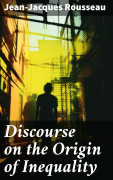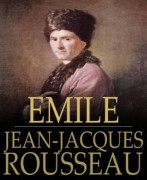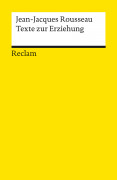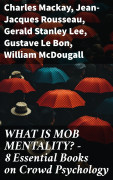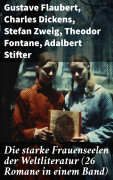Jean-Jacques Rousseau: Emile

| Produkttyp: | eBook-Download |
|---|---|
| Verlag: | DigiCat |
| Erschienen: | |
| Sprache: | Englisch |
| Seiten: | 500 (Druckfassung) |
| Format: | EPUB
Info▼
|
| Download: | 691 kB |
Dieses Produkt ist in Ihrem Land leider nicht zum Download verfügbar.
Laut Ihrer IP-Adresse sind Sie von Vereinigte Staaten aus online, wo uns lizenzrechtliche Gründe den Verkauf dieses Produkts leider nicht erlauben.
Jean-Jacques Rousseau's 'Emile' is a seminal work in the field of education, presenting a revolutionary approach to child rearing and schooling. Written in the form of a novel, the book follows the education of a young boy named Emile, incorporating Rousseau's ideas on natural development and the importance of allowing children to learn through experience rather than rote memorization. In 'Emile,' Rousseau critiques the traditional educational methods of his time, advocating for a more personalized and individualized approach that takes into account the unique needs and abilities of each child. This literary style, blending fiction with philosophy, set 'Emile' apart from other educational treatises of the 18th century. As a key figure of the Enlightenment, Rousseau's influence on education can still be felt today. Jean-Jacques Rousseau, a Swiss philosopher and writer, was deeply concerned with societal issues and the impact of civilization on human nature. His own experiences and observations led him to develop his progressive ideas on education, which are prominently featured in 'Emile.' Rousseau's background as a musician and political theorist also informed his views on education and child development, making 'Emile' a well-rounded and thought-provoking work. I highly recommend 'Emile' to readers interested in the history of education, philosophy, or the Enlightenment period. Rousseau's insights into the nature of childhood and learning are still relevant today, making 'Emile' a timeless and insightful read for anyone looking to explore innovative educational ideas.



